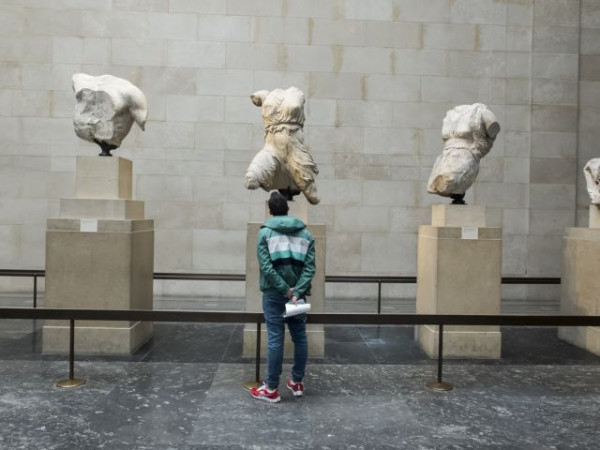
For a few months now, the issue of the return of the Parthenon Sculptures has acquired a special dynamic. In recent months, the density of reports in the British media is perhaps the highest ever. UNESCO’s proposal for direct bilateral talks between the British and Greek Ministries of Culture was accepted by the British government for the first time in the history of the Sculpture claim.
From Melina to Mitsotakis
“After Melina Mercouri’s global campaign in the 1980s for the return of the Parthenon Sculptures to Greece, the campaign continues today by the Greek Prime Minister.”
This is pointed out, among other things, in an extensive report by the ITV television network, which highlights the efforts of the Greek government for the reunification of the Sculptures. “Kyriakos Mitsotakis has raised the issue not only in his recent visit to London, but also in his speech to Congress, thus increasing the pressure on Britain,” ITV reports. At the same time, this report notes the growing support of both the British public and prominent figures in the art world.
Following the Greek Prime Minister’s visit to London in November, where he raised the issue with his British counterpart, Boris Johnson, the Greek position seems to be constantly gaining new important supporters. Most characteristic of all is perhaps the change of “line” of the Times of London, which have now been in favor of the return of the Sculptures to Greece. The British newspaper changed the line “after 50 years” as it points out in the main article of January 11. “Artists and politicians have been arguing for many years that these works of art should be returned to Greece. The museum and the British government, with the support of the Times, resisted the pressure. But times and conditions are changing. The sculptures belong to Athens. Now they have to return,” the British newspaper stressed.
“They belong to Greece,” say 59% of Britons
The strong momentum that has developed in favor of the Greek position is also reflected in the polls. So in the last one conducted by the company YouGov, 59% of the British answered that they believe that the Sculptures “belong to Greece”. Only 18% said the opposite while 22% of respondents said they had no opinion.
But also leading figures in the United Kingdom are now publicly, much more often, in favor of the reunification of the Sculptures.
Among them is one of the most famous British directors, Ken Loach, who recently made it clear, once again, that in his view the sculptures are stolen and must be returned to Greece immediately. “One detail that shows the thieves’ arrogance is that in Britain they call them Elgin Marbles. And this is the thief. The idea that we, not us, those in power are so unconscious of their crime that they call their loot by the name of man stole them, says it all about the arrogance of the imperialists. The Parthenon Sculptures should of course be returned immediately. “Everyone with a sane mind understands this,” said the award-winning director.
Top personalities in favor of the return
Steven Fry, the distinguished British actor and writer who for many years has been in favor of the return of the Sculptures in Greece, a few days ago repeated in an interview that the British no longer have any substantial argument. “Imagine the Americans’ ‘buying’ the Eiffel Tower from the Germans in 1941 and after the liberation of France in 1945 claiming that because we bought them from the Nazis, it is now ours. “It’s outrageous,” Fry told ITV. Clarifying at the same time, that “the Parthenon is far more important for Athens than it is the ‘Eiffel tower for the Parisians”.
At the same time, Edith Hall, a professor of classical studies and ancient history at Durham University, said: “Most people around the world simply do not understand the British Museum’s arguments. They sound outdated, as if they belong to the 19th and not to the 21st century “.
As a British journalist who has been dealing with the issue for years finally stressed to Greek news agency AMNA, “if the pressure of the respective Greek government continues methodically and persistently, then it is certain that at some point the Sculptures will return to Greece”.
Latest News

PM Meloni Meets Vice President Vance in Rome Signalling Optimism on Ukraine Talks
Meloni emphasized the strength and strategic value of the Italy-U.S. partnership.

Airbnb: Greece’s Short-Term Rentals Dip in March Amid Easter Shift
Data from analytics firm AirDNA shows that average occupancy for short-term rentals dropped to 45% in March, down from 49% the same month last year.

Easter Week in Greece: Holy Friday in Orthodoxy Today
At the Vespers service on Friday evening the image of Christ is removed from the Cross and wrapped in a white cloth

Meloni and Trump Meet in Washington, Vow to Strengthen Western Ties
“I am 100% sure there will be no problems reaching a deal on tariffs with the EU—none whatsoever,” Trump stressed.

ECB Cuts Interest Rates by 25 Basis Points in Expected Move
The ECB’s Governing Council opted to lower the deposit facility rate—the benchmark for signaling monetary policy direction—citing an updated assessment of inflation prospects, the dynamics of underlying inflation, and the strength of monetary policy transmission.

Current Account Deficit Fell by €573.2ml Feb. 2025: BoG
The improvement of Greece’s current account was mainly attributed to a more robust balance of goods and, to a lesser extent, an improved primary income account

Hellenic Food Authority Issues Food Safety Tips for Easter
Food safety tips on how to make sure your lamb has been properly inspected and your eggs stay fresh.

Greek Kiwifruit Exports Smash 200,000-Ton Mark, Setting New Record
According to data by the Association of Greek Fruit, Vegetable and Juice Exporters, Incofruit Hellas, between September 1, 2024, and April 17, 2025, kiwifruit exports increased by 14.2%.

Easter Tourism Boom: Greece Sees 18.3% Surge in Hotel Bookings
Among foreign markets, Israel has emerged as the biggest growth driver, with hotel bookings more than doubling—up 178.5% year-on-year.

Greece to Launch Fast-Track Tender for Offshore Hydrocarbon Exploration
Last week, Papastavrou signed the acceptance of interest for the two Cretan blocks, while similar decisions regarding the two Ionian Sea blocks were signed by his predecessor







![Πλημμύρες: Σημειώθηκαν σε επίπεδα ρεκόρ στην Ευρώπη το 2024 [γράφημα]](https://www.ot.gr/wp-content/uploads/2025/04/FLOOD_HUNGRY-90x90.jpg)





![Airbnb: Πτωτικά κινήθηκε η ζήτηση τον Μάρτιο – Τι δείχνουν τα στοιχεία [γράφημα]](https://www.ot.gr/wp-content/uploads/2024/07/airbnb-gba8e58468_1280-1-90x90.jpg)











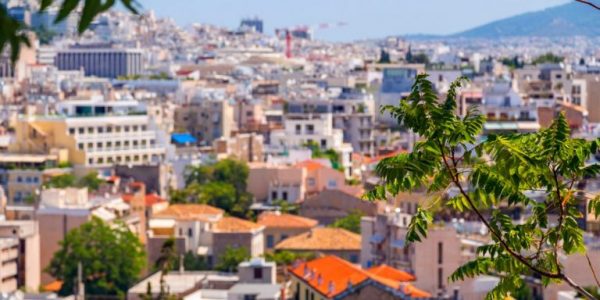




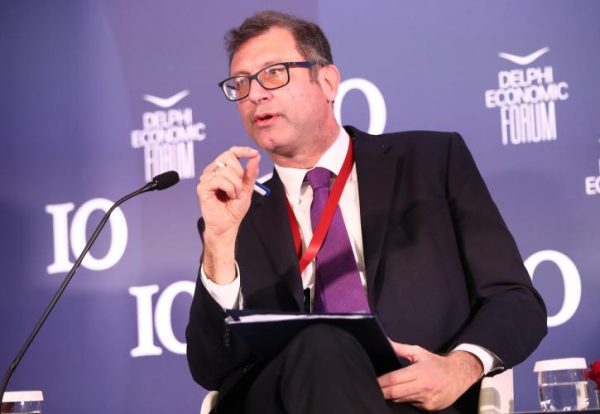
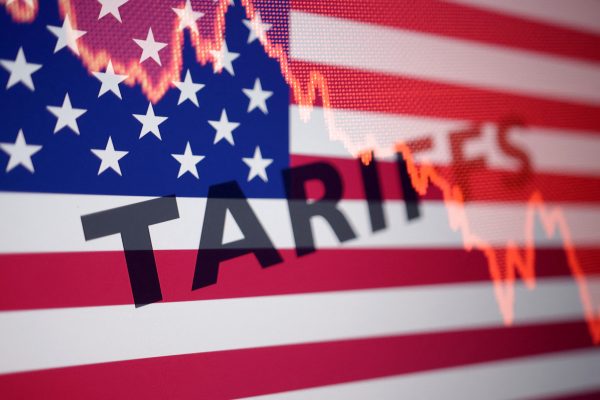






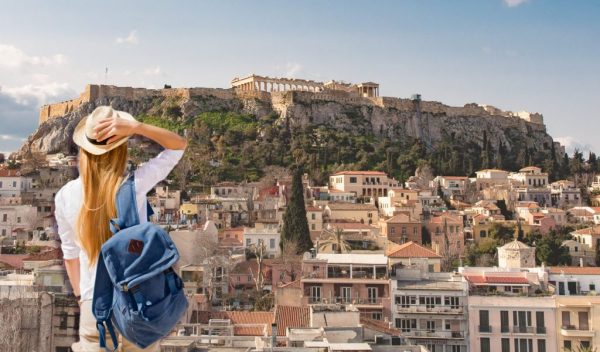


 Αριθμός Πιστοποίησης
Αριθμός Πιστοποίησης